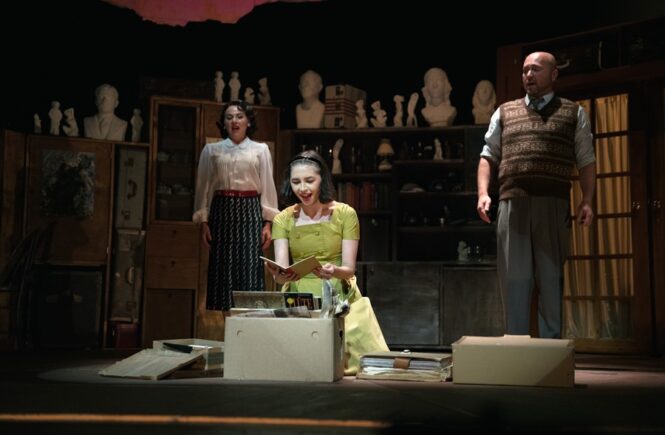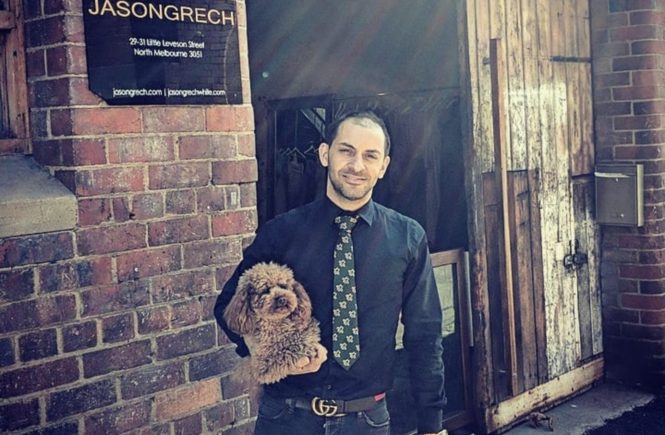It is not often you get to see an Australian-based theatre or musical show. The last one I can remember from memory was about The Seekers in 2015. Now performing for a limited time at Chapel Off Chapel is Driftwood – The Musical. Driftwood – The Musical tells the true, heroic, and inspirational story of the renowned Austrian/Australian sculptor/sportsman Karl Duldig and his artist/inventor wife, Slawa Horowitz-Duldig, and their Daughter Eva de Jong-Duldig and follows their journey from living in Austria to the lead up to the Second World War, narrowly escaping the horrors of the Holocaust and starting a new life in Melbourne Australia.
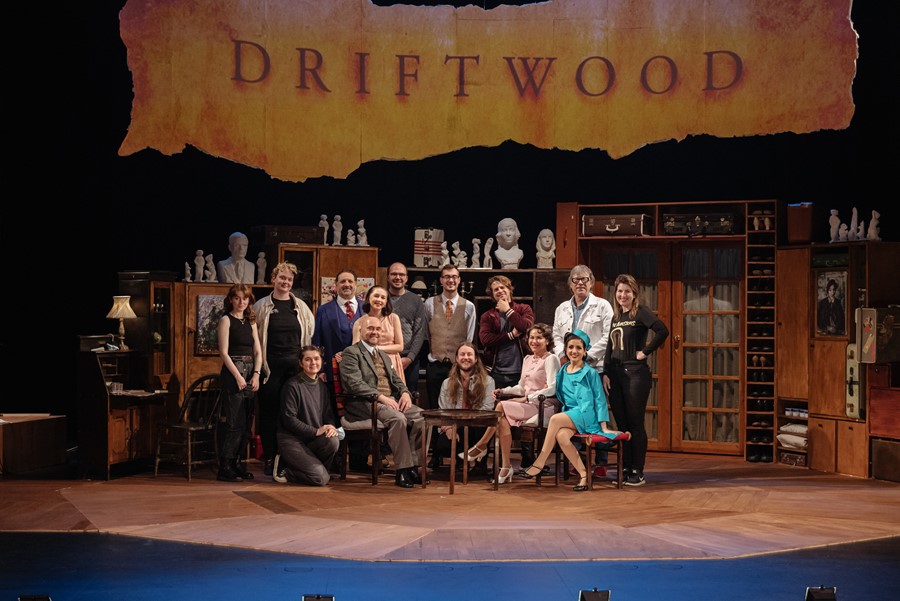
Eva de Jong-Duldig’s memoir Driftwood: Escape and Survival Through Art, serves as the inspiration for the musical. The creative team is led by director Gary Abrahams, Anthony Barnhill as a composer, and musical director, Tania de Jong as executive producer, and lyricist, and Eva de Jong-Duldig as creative consultant.
The story began in 1956. Melbourne is set to host the Olympic Games, the first-ever in the Southern Hemisphere and television is to be introduced to the nation. Eva is about to celebrate her 18th birthday with her family.
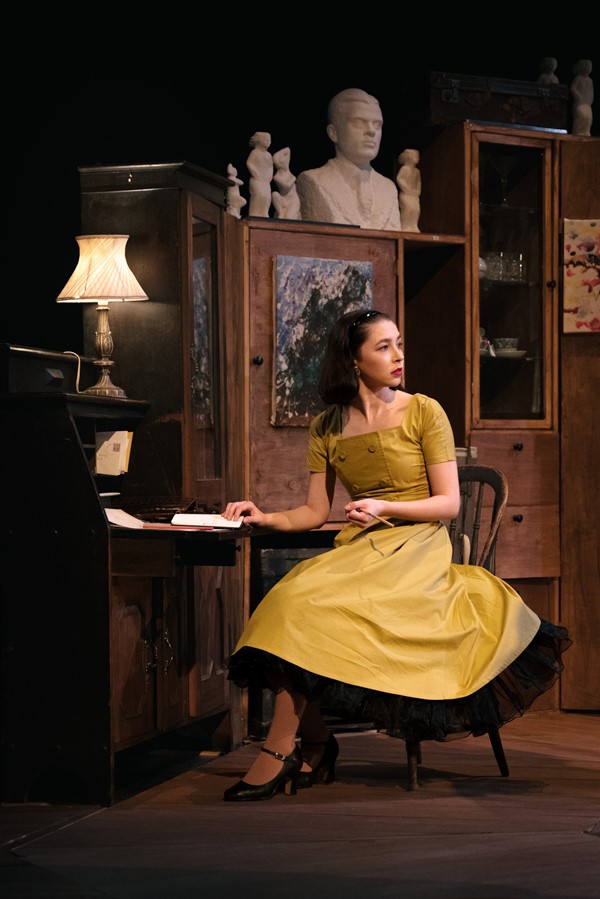
Eva, played by Sara Reed, also doubles as the show’s narrator, moving the audience to a very different time in a very different place: Vienna Austria in the late 1920s. Karl, played by Anton Berezin, a promising sculptor, and avid tennis player has fallen head over heels for the beautiful and sophisticated Slawa while attending university together. Slawa would go on to become a very talented inventor and interior designer and famously created an improved compact folding umbrella, known as Flirt, which was patented in 1929. It was a success and the young Slawa became wealthy and part of high society and later married Karl in 1931. Their only child, a daughter named Eva is born in 1938, just several months before the Anschluss, the annexation of Austria into Nazi Germany.
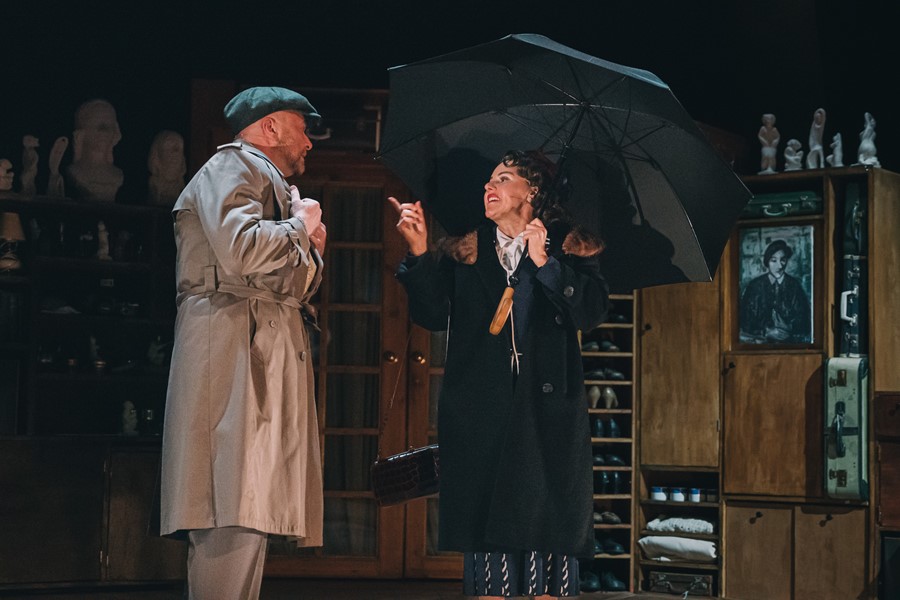
The family’s once happy and peaceful livelihood is harshly interrupted by the new regime as they, as all Austrian Jews now live under the new threat of extermination. Beginning in 1939, throughout Vienna, synagogues were burned down, Jewish homes and businesses were attacked as well as the deportations of thousands of Jews to concentration camps.
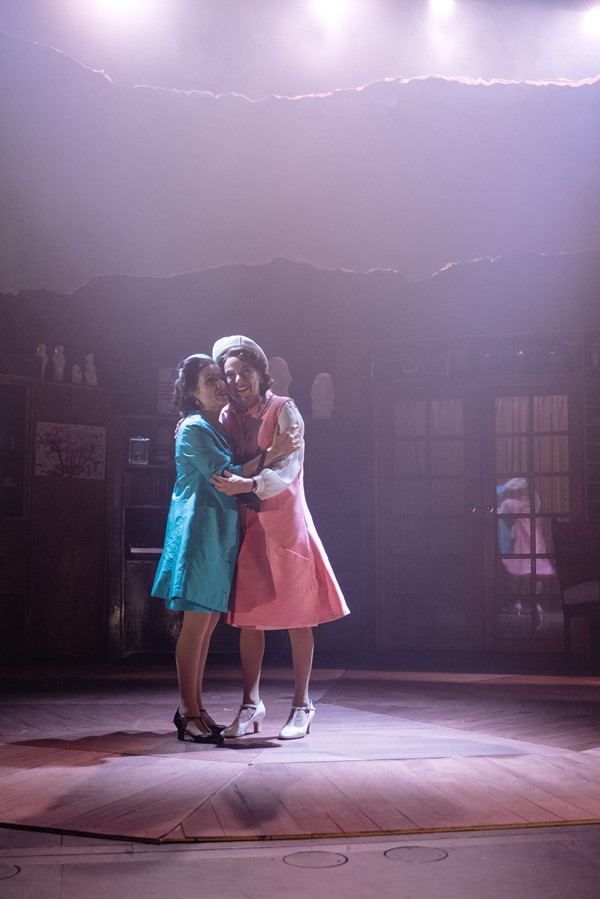
To escape this, Karl and Slawa both used their talents to their full potential. Karl temporarily moved himself and his family to Switzerland for a tennis tournament. Slawa’s sister Rella, played by Michaela Burger, outwitted a Nazi Gauleiter by pretending to be a client to purchase their belongings and thus saving the family’s furniture, artwork, and other prized possessions from confiscation.
Rella moved to Paris and protected the family’s belongings. In 1940, Karl, Slawa, and two-year-old Eva leave Europe for Singapore only to be expelled out of fear as enemy aliens and then to Australia, temporarily to an internment camp, and eventually to Malvern in the city of Melbourne, which is home to one of the largest Holocaust survivors as well as Jewish communities in the world.
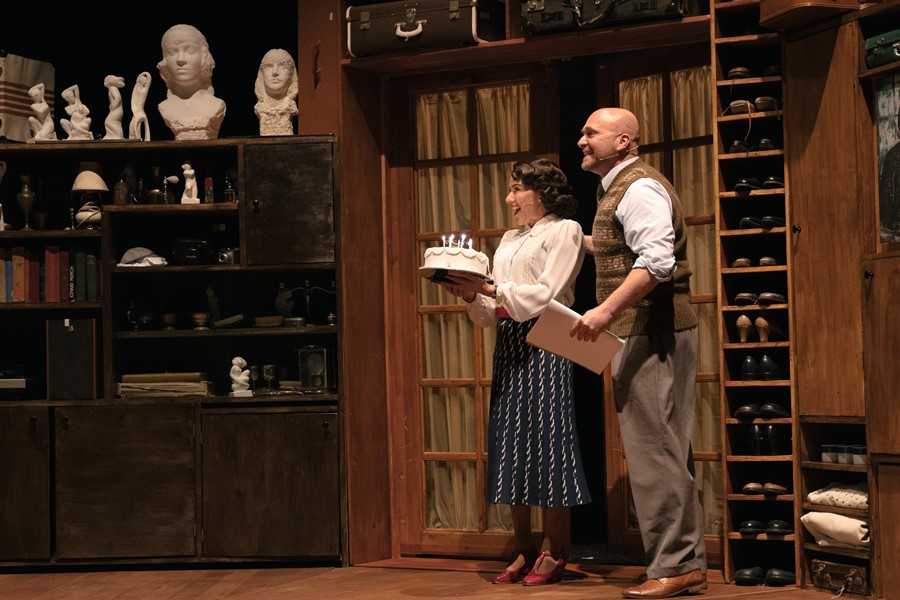
While Eva, who was too young to have any memories of Austria, grows up and happily embraces the Australian culture and way of life, her parents struggle at first, experiencing a new life as refugees in a new country and learning a new language and leaving behind their family and friends, many of whom had perished in the Nazi camps.
Their spirits were uplifted when their possessions such as the sculptors and artwork and fine furniture from their Austrian home were sent to their new home. Slawa later reunited with her sister Rella before passing away in 1975 after a successful career as an art teacher and entrepreneur.
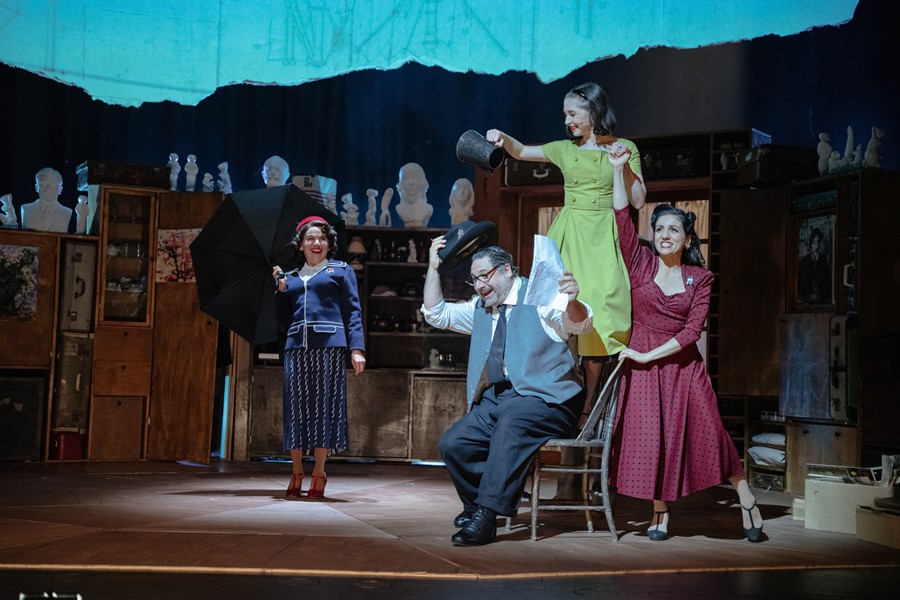
Karl passed away in 1986. Eva followed her father’s steps and became a tennis player and reached the quarterfinals at Wimbledon in 1961 and later turned her parent’s home in Malvern into the Duldig Studio, a not-for-profit public museum, and art gallery. The gallery comprises works of art including paintings, furniture, and even the umbrella designs from the family´s time in Vienna as well as Singapore and Melbourne.
Speaking to the audience at the after-party on the show’s opening night, Eva, now 84 was thrilled and overwhelmed that her family’s story is being told, saying, “My parent´s life can be seen as an inspiration to many. One can survive horrible times, live through them, and undergo a transformation.”
Driftwood was a deeply moving, emotional, and highly vivid story that deserves greater exposure
and is relatable to anyone whose grandparents had lived during or fled the war. Its cast, which also included Eva’s great-granddaughter Tania de Jong, who portrayed Slawa, was brilliant in bringing the story to life through song, dance, drama, and the occasional comic relief bit.
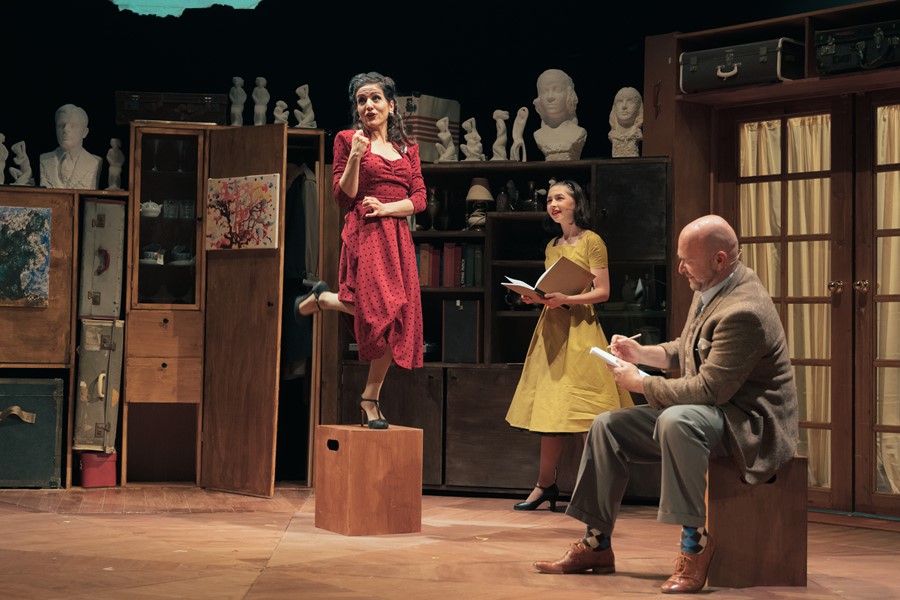
Their performance was complemented by the intimate musical ensemble on the left of the stage by the pianist, violinist, and cellist that played a world of music from traditional Austrian style to Hebrew prayer and so on.
Finally, making excellent use of a small stage space that was transferred to the family’s Vienna apartment along with the period costumes and the multimedia screen above the actors that displayed family photos, newsreel footage, maps, documents, and other mementos that transported the audience through key historical moments of the story.
Driftwood – The Musical is now on for a limited season until 28 May at Chapel Off Chapel at 12 Little Chapel St, Prahran
Times:
To buy tickets and to learn more about the history of Eva de Jong-Duldig, go to – www.driftwoodthemusical.com.au
To buy a copy of Eva de Jong-Duldig’s memoir Driftwood: Escape and Survival Through Art, go to – Driftwood: Escape and survival through art – Australian Scholarly Publishing
To visit and find out more about the Duldig Studio, go to – www.duldig.org.au
Reviewed and Written by Jake Freeman
Stage Images by Cameron Grant

